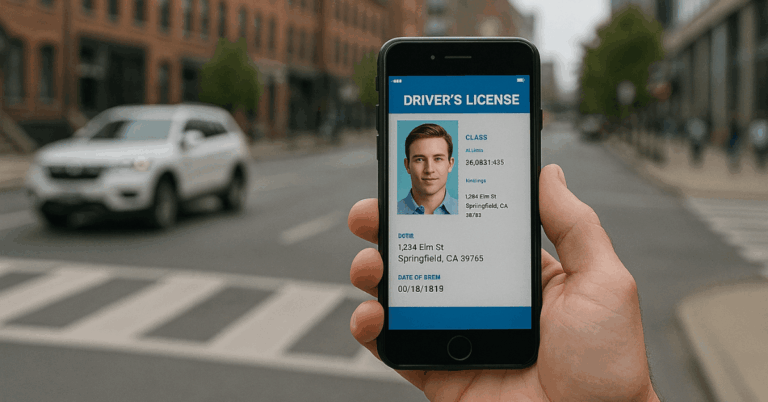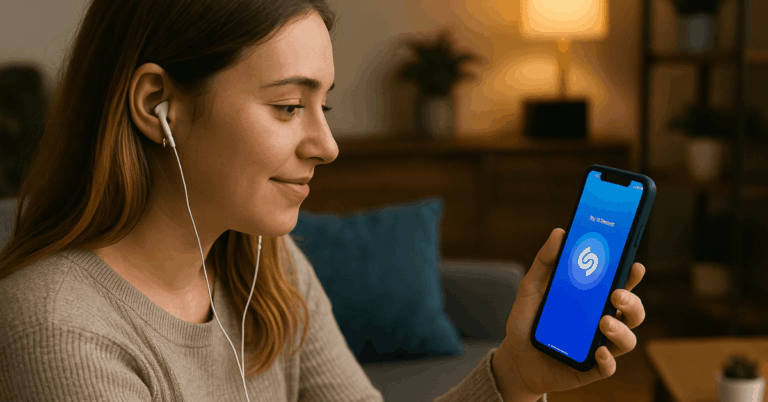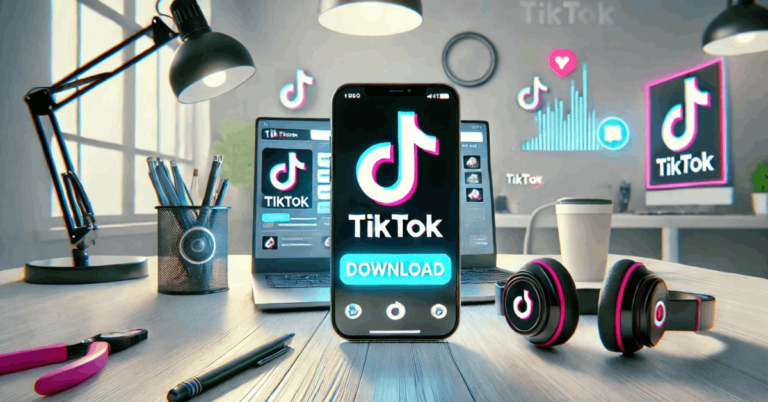Online pregnancy test apps offer a quick, private, and convenient way to get preliminary results from your phone.
These free apps offer a modern solution for getting immediate answers without needing to visit a store or clinic, making them a popular choice.
How Online Pregnancy Test Apps Work
Online pregnancy test apps are designed to give quick insights based on inputted data. Here’s how they typically work:
- Symptom Tracking: Users input symptoms like missed periods, nausea, and fatigue.
- Data Analysis: The app uses algorithms to analyze the symptoms against typical pregnancy signs.
- Prediction Model: Based on the analysis, the app predicts the likelihood of pregnancy.
- Results Presentation: The app displays the results, often with a percentage indicating the probability of pregnancy.
- Follow-Up Recommendations: Some apps guide the next steps, like taking a traditional test or consulting a doctor.

Top Free Online Pregnancy Test Apps
Here’s a list of the top free online pregnancy test apps that offer a variety of features to help you assess your pregnancy status:
- PregaFaith – Pregnancy Test is a straightforward app that uses a questionnaire to estimate the likelihood of pregnancy.
- Features:
- Simple and quick symptom-based questionnaire.
- Provides immediate results with a percentage estimate.
- User-friendly interface with clear guidance on next steps.
- Features:
- Pregnancy Test Guide App is an informative app that helps users understand pregnancy symptoms and offers an essential self-assessment.
- Features:
- Educational content on early pregnancy symptoms.
- Self-assessment tool to gauge pregnancy likelihood.
- Tips and advice on what to do next if pregnancy is suspected.
- Features:
- Pregnancy + | Tracker App is a comprehensive pregnancy tracker with an early pregnancy assessment feature.
- Features:
- Symptom tracking and early pregnancy assessment.
- Detailed weekly pregnancy information if you’re confirmed pregnant.
- Includes additional tools like a kick counter and contraction timer.
- Features:
- Pregnancy Test Checker is an app designed to analyze home pregnancy test results by scanning and interpreting the test lines.
- Features:
- Scans and interprets the results of physical pregnancy tests.
- Guides reading faint lines and potential errors.
- Offers tips on when to take a test for the most accurate results.
- Features:
- Flo Period & Pregnancy Tracker is a popular period tracker with an integrated feature to assess pregnancy probability based on missed periods and symptoms.
- Features:
- Period and ovulation tracking with pregnancy assessment.
- Symptom logging and analysis to estimate pregnancy chances.
- Access to a supportive community and expert advice.
- Features:
Benefits of Using Online Pregnancy Test Apps
Online pregnancy test apps offer several advantages that appeal to many users. Here are the key benefits:
- Convenience
- Easily accessible from your smartphone anytime, anywhere.
- No need to visit a store or clinic to get initial insights.
- Privacy
- Allows you to assess your pregnancy status discreetly without anyone else knowing.
- Ideal for those who value anonymity in their health-related decisions.
- Cost-Effective
- Most apps are free, providing a budget-friendly option for preliminary testing.
- Saves you money compared to purchasing traditional test kits.
- Quick Results
- Instant feedback based on your symptoms saves you time compared to waiting for a test result.
- Useful for those who want immediate insights before deciding on further steps.
- Educational
- Provides information on early pregnancy symptoms and what they might mean.
- Offers guidance on the next steps, including when to take a traditional test or consult a doctor.

Comparison with Traditional Pregnancy Tests
Comparing online pregnancy test apps with traditional tests highlights some key differences. Here’s how they stack up against each other:
- Accuracy
- Traditional Tests: Generally more accurate, especially when used correctly.
- Apps: Depend on symptom reporting and algorithms, which can lead to less reliable results.
- Ease of Use
- Traditional Tests: Simple and direct, usually just requires a urine sample.
- Apps: Convenient and accessible but require accurate symptom input and understanding of results.
- Cost
- Traditional Tests: Usually involves a one-time purchase for a test kit.
- Apps: Often free, making them a cost-effective preliminary option.
- Privacy
- Traditional Tests: Can be done at home, but may require purchase in-store.
- Apps: Offer complete privacy, allowing you to assess your status without leaving home.
- Emotional Impact
- Traditional Tests: Provide clear, immediate results, reducing uncertainty.
- Apps: May cause anxiety or false reassurance due to the potential for less definitive results.
- Follow-Up
- Traditional Tests: Easier to use as a first step before consulting a healthcare provider.
- Apps: Should be used as a preliminary tool, with a traditional test recommended for confirmation.
Considerations and Cautions
While online pregnancy test apps are convenient, there are important factors to remember. Here are some considerations and cautions to be aware of:
- Accuracy Limitations
- These apps rely on symptom input and algorithms, which may not be as accurate as traditional tests.
- False positives or negatives are possible, especially if symptoms are misreported.
- Confirmation with Traditional Tests
- Always confirm the app’s results with a physical pregnancy test for accuracy.
- Traditional tests are more reliable and should be your next step after using an app.
- Consulting a Healthcare Professional
- For definitive results and proper guidance, consult a healthcare provider.
- Apps should not replace medical advice or a visit to the doctor.
- Data Privacy Concerns
- Be aware of the data you’re sharing with these apps.
- Check the app’s privacy policy to understand how your data is stored and used.
- Emotional Impact
- Relying solely on an app can lead to unnecessary stress or false reassurance.
- Consider your emotional well-being and seek support if needed during this process.
Healthcare Integration
Integrating online pregnancy test apps into broader healthcare practices offers significant potential benefits.
Here’s how these apps can fit into the healthcare landscape:
- Telemedicine Support
- These apps can serve as a starting point for virtual consultations.
- Users can share their app results with healthcare providers during telemedicine appointments for initial assessments.
- Personal Health Records Integration
- Apps can be linked to electronic health records (EHR) systems to update your pregnancy status automatically.
- This allows your healthcare provider to track and monitor your data seamlessly.
- Continuous Monitoring
- Apps can be used for ongoing symptom tracking throughout pregnancy, with data shared with your doctor.
- It provides a convenient way to monitor health trends and address issues early.
- Preventive Healthcare
- Early detection through these apps can lead to quicker intervention and better health outcomes.
- Encourages users to seek professional advice sooner if pregnancy is detected or suspected.
- Educational Resources
- Apps can be integrated with healthcare providers’ platforms to deliver personalized educational content.
- Helps users make informed decisions about their health based on reliable information from trusted sources.
Wrapping It Up
Online pregnancy test apps provide a convenient and private way to get initial insights into your pregnancy status.
However, confirming results with a traditional test and consulting a healthcare professional is essential.
Try an app for quick answers, but always follow up with expert advice.












